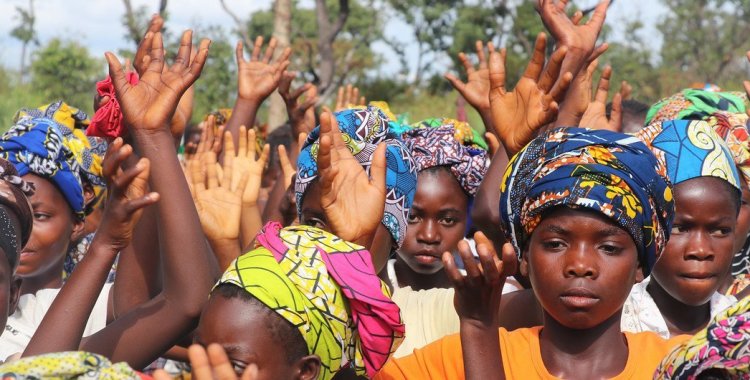"We can say, without fear, that, in terms of the Constitution and the law, Angola is fine, without prejudice to the fact that there may be outbreaks of violations due to the conditions in which the country lives after a fratricidal civil war and the remains of colonialism", said the vice-president of the TS, Efigênia Clemente.
The judge, who was speaking this Thursday, in Luanda, during a meeting with a delegation from the African Commission for Human and Peoples' Rights, which works in Angola, said that the approximately 30 years of civil war and colonialism in Angola brought "many situations of injustice in all areas".
"And it is not possible, in such a short time, to resolve all these problems", she argued, in response to the head of the African commission delegation.
"In any case, there is a firm commitment from the Angolan Government to the protection of human rights", assured Efigénia Clemente, highlighting that, in light of the Constitution and national laws, the country is party to the majority and most important regional and international agreements on human rights.
Remy Ngoy Lumbu, commissioner of the African Commission on Human and Peoples' Rights, questioned, at the time, whether citizens in Angola can invoke the African Charter on Human Rights before the courts and the degree of applicability of this regional instrument in the country.
According to the judge, international instruments are valid and can be invoked in the event of injustice by the country's courts, adding that general or common international law, received under the terms of the Constitution, is an integral part of the Angolan legal order.
The vice-president of the Supreme Court also recognized situations of excessive preventive detention and trials "considered not fair".
According to the judge, "citizens who feel harmed, with national resources exhausted, can appeal to regional or even international institutions in accordance with the Constitution and the law", she said.
Efigênia Clemente also argued that all courts in Angola are "guardians of the Constitution", noting that the country also has constitutional jurisdiction, exercised by the Constitutional Court, "which has the last word" in the case of unconstitutionalities.







